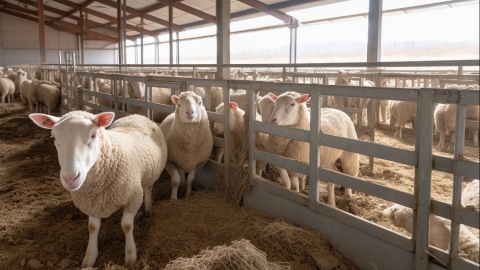Can lamb testicles supplement collagen protein?
Sheep testicles (also known as sheep's testes) generally contain relatively low levels of collagen protein and therefore are not an effective source for supplementing the collagen protein required by the human body. Detailed analysis is as follows:

If the goal is to supplement collagen protein through diet, sheep testicles are not an ideal choice. Their main nutritional components are proteins and fats, and their collagen content is significantly lower compared to ingredients such as pig feet or fish skin. The amount of collagen protein obtained from consuming sheep testicles is limited and unlikely to produce a noticeable supplementing effect.
If sheep testicles are consumed occasionally as a regular food item, the small amount of collagen protein they contain will be absorbed along with other nutrients. However, this will not specifically meet the body's demand for collagen protein. Moreover, excessive consumption may lead to other health concerns due to high fat intake.
It is important to consume sheep testicles in moderation to avoid increasing the digestive burden. If the goal is to supplement collagen protein, it is recommended to choose foods rich in collagen and maintain a balanced diet. If gastrointestinal discomfort occurs after consumption, intake should be stopped immediately and medical advice should be sought.






